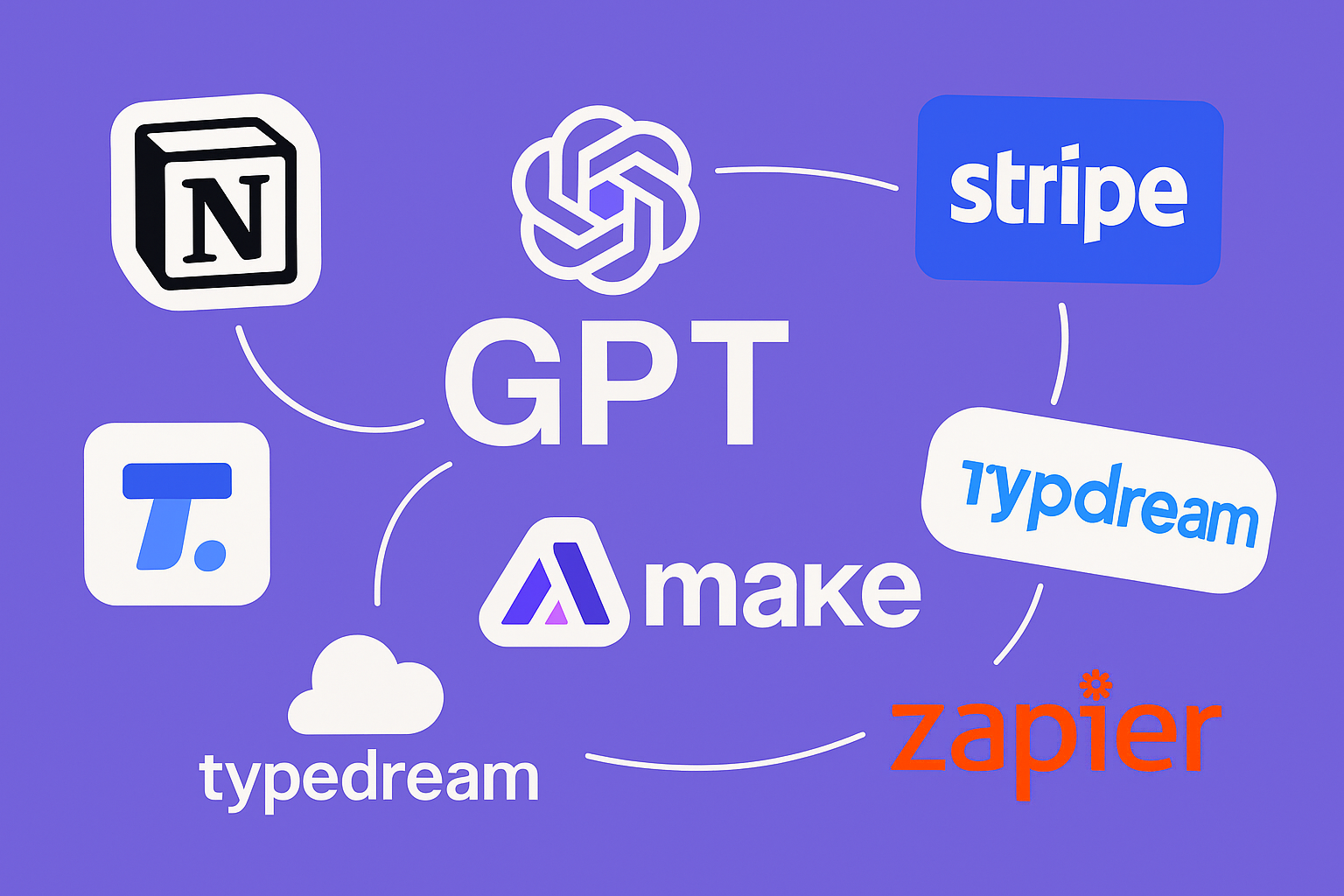The Rise of Solo Founders | 매거진에 참여하세요
The Rise of Solo Founders
#solo #entreprenu #team #lean #startup #automation #mvp
Why One Person Is Enough to Launch a Startup in 2025
Gone are the days when you needed a team of engineers, designers, PMs, and marketers to launch a startup. In 2025, the barrier to entry has all but disappeared. Thanks to automation and no-code tools, building a product solo is no longer a dream — it’s the new normal.
Four Forces Powering the Solo Startup Era
The solo startup movement is thriving due to a convergence of four major shifts:
- Intelligent automation via GPT
- No-code product development
- Modular SaaS infrastructure for MVPs
- Automated tools for marketing and customer support
Together, these components form the foundation of what we now call the “One-Person Startup Studio.”
It’s not just a trend — it's a new model of building, testing, and launching products, solo.
From Startup Studios to Personal Studios
A traditional Startup Studio refers to an organization that rapidly prototypes and tests new ventures, usually funded and operated by large companies or VCs. But now, individual creators can replicate that system on their own.
Here’s how a solo founder might build a product today:
- Brainstorm with GPT → Launch with Vercel + Next.js
- Build a website using Typedream or Framer
- Integrate payments via Stripe or LemonSqueezy
- Set up CMS with Notion + Zapier
- Automate customer support using ChatGPT API
You’re no longer managing a product team. You are the product team.
Solo SaaS Is Already Happening
If you scroll through Product Hunt or Indie Hackers, you’ll notice something striking — up to 40% of launches are by solo makers.
In the indie developer scene, solo AI-powered SaaS projects are exploding in number, especially with the arrival of GPT-4o.
Some success stories you may have heard of:
Name | Type | Highlights |
|---|---|---|
Tally | No-code form tool | Built in a Notion-style by a solo dev |
Sheet2Site | Site from Google Sheets | $100K+ ARR with zero code |
Reflect | AI note-taking app | Solo dev + GPT-powered features |
Open source calendar | Started solo, grew into a full team |
Why This Works: The Modular Stack
The magic lies in assembling pre-built blocks. Here's a realistic stack a solo founder might use:

Function | Tools |
|---|---|
Domain | Namecheap, Porkbun |
Website | Typedream, Framer, Webflow |
User auth | Clerk, Supabase |
Database | Airtable, Notion, Baserow |
Payment | Stripe, LemonSqueezy |
Email delivery | Resend, Mailersend |
AI capabilities | OpenAI API, Claude, Replicate |
Automation | Make, Zapier, n8n |
Analytics | PostHog, Plausible |
Docs/CRM | Notion, Tana, Coda |
You don’t need to code most of it. Many of these tools offer generous free tiers. The real challenge? Sustaining momentum.
The Hardest Part Isn’t Building — It’s Running
Solo entrepreneurship still comes with its fair share of headaches:
- Lack of feedback loop — It’s harder to validate ideas without a team
- Time-intensive marketing — Distribution eats your calendar
- Revenue hurdles — Free users may flock, but will they pay?
- Motivation — Without traction, it’s easy to burn out
That’s why successful solo founders think in systems and cycles — not sprints.
A Leaner Than Lean Approach
Traditional startups aim for “one big hit.” Solo founders take a different path: build many small bets quickly.
Don’t spend six months on one MVP.
- Build one in a week.
- Ship it.
- See if people care.
- If not? Move on.
The process is faster than Lean Startup — and it works better in the GPT era,
where AI can support you in ideation, UX, copywriting, support, and growth.
Even Platforms Are Embracing Solo Creators
- Product Hunt now has a “Solo Builders” category.
- Stripe Atlas helps individuals incorporate effortlessly.
-Notion + Super.so can power full-fledged SaaS sites.
- Make.com offers solo SaaS builder tutorials.
This isn’t just a wave. It’s a recognition: platforms are treating solo makers as serious customers.
The Fear of Starting Is Gone
We no longer ask, “Should I launch a startup?”
Now the question is, “Can I build a testable MVP by this weekend?”
The one-person startup studio isn’t a vision of the future. It’s happening right now — in cafes, bedrooms, and home offices across the world.
So if you’ve got a domain name and an idea, open GPT tonight, write your first feature spec, build a quick prototype in Notion tomorrow, and connect Stripe the day after.
It’s not about if you can. Thousands already are.
Start small, start now. Validate your solo startup idea at bunzee.ai






